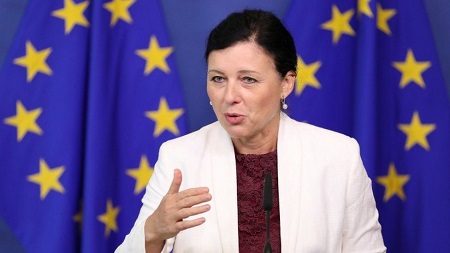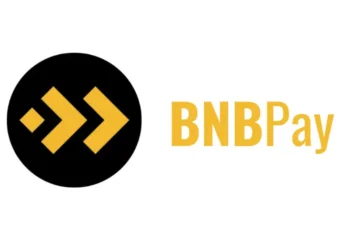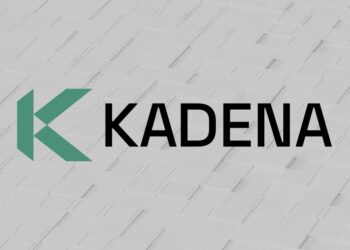Vera Jourova, the deputy head of the European Commission, has called for companies utilizing generative AI tools such as ChatGPT and Bard, which have the capability to generate disinformation, to label their content. Jourova made these remarks during a press conference on June 5, 2023.
Jourova emphasized that companies that have signed the EU’s “Code of Practice on Disinformation” and provide services capable of disseminating AI-generated disinformation bear the responsibility of implementing advanced technologies that can identify such content. She stated that these companies must ensure clear labeling of such content so that users can easily identify its nature. She added that the measure would help to combat the spread of fake news and improve the transparency of artificial intelligence (AI) tools.
Jourova noted that integrating essential safeguards into the services of signatories like Bingchat for Microsoft and Bard for Google that use generative AI are crucial in preventing the malicious exploitation of these platforms for spreading disinformation.
The European Union established the “Code of Practice on Disinformation” in 2018. It serves as a dual-purpose agreement and tool for tech industry players to adhere to self-regulatory standards in tackling disinformation. Tech giants such as Google, Microsoft, and Meta Platforms have already committed to the EU Code of Practice.
Commissioner Jourova emphasized the importance of these companies and others providing updates on the implementation of new safeguards. Jourova also cautioned Twitter, which recently withdrew from the Code, to expect increased regulatory scrutiny in the future.
Jourova stated:
“By leaving the Code, Twitter has attracted a lot of attention and its actions and compliance with EU law will be scrutinised vigorously and urgently.”
In a separate development, OpenAI, the creator of ChatGPT, received a cautionary notice from Japan’s privacy authority, the Personal Information Protection Commission, on June 1, 2023. The commission expressed concerns about OpenAI collecting personal information without obtaining appropriate consent from individuals.
The commission advised OpenAI to limit the acquisition of sensitive data from Japanese citizens for machine learning purposes. It also warned that if further privacy concerns arise, additional actions may be taken to address the issue.
If you want to read more news articles like this, visit DeFi Planet and follow us on Twitter, LinkedIn, Facebook, Instagram, and CoinMarketCap Community.
“Take control of your crypto portfolio with Markets PRO, DeFi Planet’s suite of analytics tools.”





















